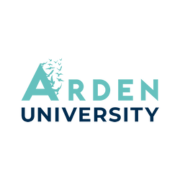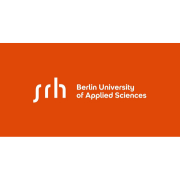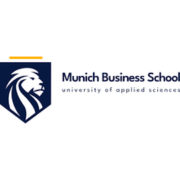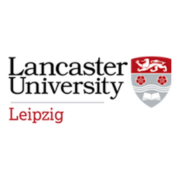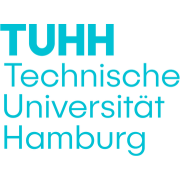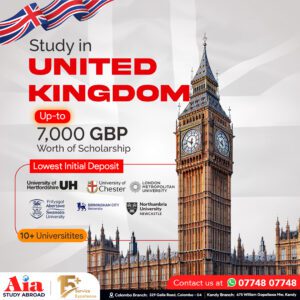Why Study in Germany?
Germany is one of the top study destinations for international students, offering high-quality education, diverse programs, and low or no tuition fees at public universities. Known for its strong economy and advanced research, Germany provides excellent career prospects, especially in engineering, technology, business, and healthcare. With a rich cultural heritage and welcoming environment, Germany is an ideal choice for international students seeking world-class education and career opportunities. AIA supports students through every step, from university selection and applications to visas and settling in.

Key Facts to Study in the Germany
Language Spoken
German and English (many programs in English)
Cost of Study
EUR 10,000 – 20,000 per year (varies by institution)
Exams Required
IELTS, TOEFL, or German proficiency tests
Degrees
Bachelor’s, Master’s, and PhD
Intakes
Winter (October) and Summer (April)
Best Cities
Berlin, Munich, Hamburg, Frankfurt, Heidelberg
Our Partnered Germany Universities
AIA Study Abroad Partnered up with 50+ Germany Top ranked universities, to choose from
Scholarships
Students can reduce the financial burden with these scholarship opportunities:
Get Free Expert Assistance
| INTAKES AND DEADLINES | |
|---|---|
| Winter Intake (Oct) | Apply by May–July |
| Summer Intake (April) | Apply by December–January |
Cost of Study in Germany
The average cost of living in the Germany for international students is approximately €12,000 to €15,000 per year, depending on the city and lifestyle.
Undergraduate Degrees:
Tuition fees range from EUR 1,500 to EUR 10,000 per year at private universities. Public universities generally charge little to no tuition fees.
Postgraduate Degrees:
Tuition fees range from EUR 5,000 to EUR 20,000 per year, depending on the program and university.
Living Costs:
Major Cities (Berlin, Munich): EUR 10,000 – 12,000 per year for accommodation, food, transport, and other
Other Cities: EUR 8,000 – 10,000 per year.
| Type of Expense | Cost(Annual Average) |
|---|---|
| Tuition Fees | EUR 1,500 – 20,000 |
| Accommodation | EUR 3,600 – 6,000 |
| Food and Groceries | EUR 2,400 – 3,600 |
| Transport | EUR 500 – 1,200 |
| Miscellaneous | EUR 1,000 – 2,000 |
Post-Study Work (PSW) and Job Opportunities
Germany offers an excellent post-study work program for international graduates, allowing them to stay for 18 months after completing their degree to search for a job. .
WhatApp us your Questions
| Job Sector | Average Starting Salary |
|---|---|
| Engineering | 45,000 – 60,000 |
| Information Technology | 40,000 – 55,000 |
| Healthcare | 40,000 – 60,000 |
| Finance | 45,000 – 60,000 |
| Research and Development | 40,000 – 55,000 |
| Business and Marketing | 40,000 – 55,000 |
Graduates can also transition to long-term work permits and permanent residency if they secure a job within their field.
Germany Student Visa Requirements for Sri Lankan Students
To study in Germany, Sri Lankan students must apply for a Student Visa. Here’s a quick
overview of the key requirements

Process
Step 1
Apply for a visa at the German embassy or consulate.
Step 2
Attend the Interview
Step 3
Wait for processing (typically 4–8 weeks)
Step 4
Once approved, travel to Germany
Note: Apply early and ensure you meet all requirements.
FAQs
Germany offers free or low-cost education, world-class universities, and strong job prospects in fields like engineering and IT.
You need proof of admission, blocked account funds (€11,208/year) [11,904EUR], health insurance, and proof of English or German proficiency.
Yes, you can work 120 full days or 240 half days per year as a student
This visa allows you to find a job related to your qualification, with pathways to permanent residency






